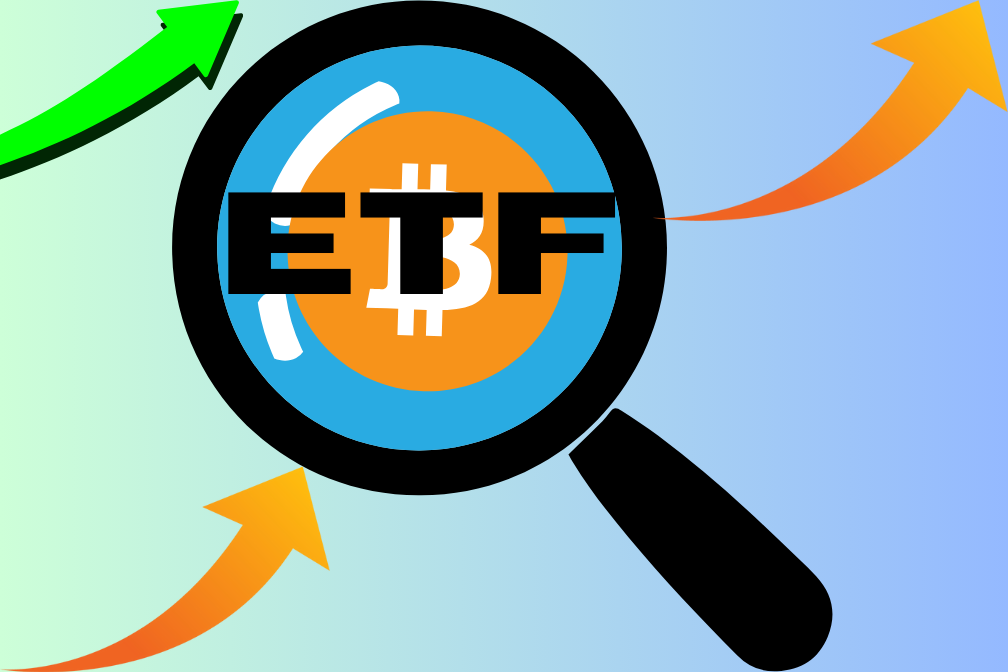Analysis: German Government's Bitcoin Liquidation Strategy

In recent financial manoeuvres that have captured global attention, the German government has undertaken a significant series of Bitcoin transfers to various cryptocurrency exchanges. This strategic move, amounting to a staggering $75 million in Bitcoin transactions on July 4th alone, marks the latest in a series of asset liquidations by the German Federal Criminal Police Office (BKA).
Overview of Recent Transfers
Blockchain data reveals that the BKA dispersed these funds across prominent exchanges, including Coinbase, Kraken, and Bitstamp. This action follows closely on the heels of similar transactions totalling over $315 million since mid-June, bringing the total amount liquidated to more than $390 million within a span of just a few weeks.
Origin and Significance of Seized Reserves
The genesis of these transactions’ dates back to 2013 when the BKA confiscated approximately 50,000 bitcoins linked to the infamous film piracy platform Movie2K. At current market rates, this stash is valued at approximately $2.3 billion, underscoring the magnitude of the assets under consideration.
Strategic Implications
The steady outflow of Bitcoin from governmental coffers to exchanges has fuelled speculation regarding Germany's broader financial strategy. While fears of potential market disruptions persist, it is important to note that the liquidated amounts represent a relatively small fraction of Germany's overall Bitcoin reserves. Post-transactional adjustments indicate that the country still retains approximately 40,000 bitcoins in reserve.
Comparative Insights: U.S. Parallels
This initiative mirrors recent actions by the United States government, which also holds substantial Bitcoin reserves obtained through legal proceedings. Similar concerns have been voiced regarding the potential impact of such large-scale liquidations on global Bitcoin markets.
Market Reaction and Future Outlook
The timing of these transactions coincides with imminent creditor repayments stemming from the 2014 collapse of Mt. Gox, a pivotal event that could further exacerbate selling pressures on Bitcoin. Proponents, however, argue that the volumes involved remain marginal compared to daily trading activities in the Bitcoin market.
Conclusion
In conclusion, the German government's proactive approach to managing its seized Bitcoin assets through strategic liquidations underscores the evolving landscape of digital asset management among global entities. While concerns over market impacts persist, the relative scale and intent behind these transactions merit careful consideration within the broader cryptocurrency community.






